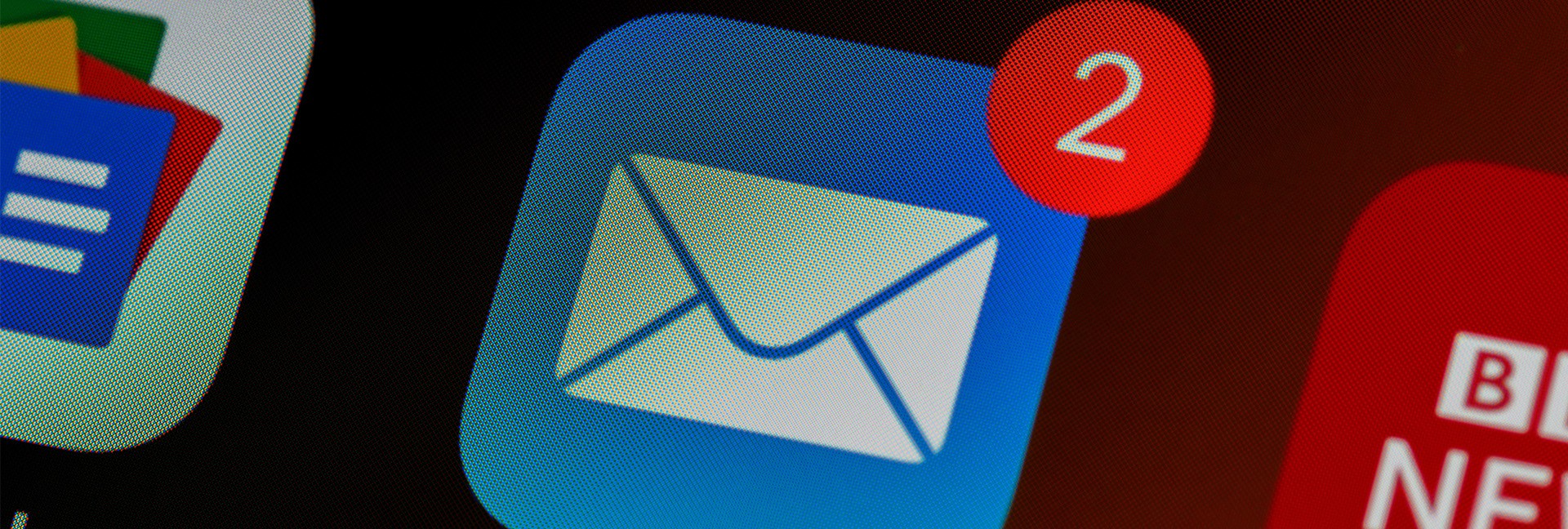No matter what content you write or what stories your brand tells, there is a great chance that with the help of machines you can do it even better. Artificial intelligence (AI), despite all the changes and developments in marketing, has become a force that is present and real and changes the way brands and people create content.
One of the researches that were conducted in regard to this resulted in the statements of the respondents that out of 10 uses of artificial intelligence, as many as 7 are related to content marketing and include: content analysis, keyword selection, data-based content creation, optimization, personalized content creation, and A/B testing to improve content.
Marketing leaders are generally hungry for ways in which they can improve their content marketing. And it is a great opportunity for marketers, but also companies, who rely on content to manage their businesses. Artificial intelligence can be what gives a competitive advantage, enabling marketers to think, create, promote, and optimize like never before. But there is also a real danger for those who fail to understand and adapt to new technologies – they will remain in the past.
What’s Artificial Intelligence for Content Marketing?
Artificial intelligence is a term that covers many different technologies (such as machine learning) that use similar principles to perform different types of cognitive tasks equally well or better than humans.
For example, Gmail has been using artificial intelligence for several years to predict the next word you type in an email and offer an automatic suggestion so you can speed up typing. A software assistant like Grammarly uses artificial intelligence to offer recommendations on how to write better. And your iPhone also predicts what the most appropriate answers would be for the text message you just received, so you don’t have to think about what to write.
In all cases, AI is used, in different contexts, for “reading” and “writing”. The ability to “read” human language is a domain of technology, which is driven by artificial intelligence and called natural language processing (NLP). The ability to “write” and “speak” (such as Siri and Alexa) thanks to artificial intelligence is called natural language generation (NLG). Even the most basic NLP and NLG systems can analyze and create human language to some extent, which is impressive. But the real magic happens when these systems have the ability to self-improve over time.
A system like Gmail Smart Compose offers suggestions of what to say next and then learns from the selected suggestions. If you constantly ignore any of his recommendations, the assumption is that it will offer different suggestions in the future.
AI in Email Campaigns
Let’s stick to emails and their connection with AI a bit more. If you are a marketer who uses email to communicate with customers, you should definitely investigate how artificial intelligence can help you improve and streamline your emails, which you collected and shaped using platforms such as Benchmark, as well as how email fits into your overall digital marketing plan. There are two major ways through which artificial intelligence improves email marketing.
For starters, it boosts revenue. AI-powered email marketing solutions can help you send better emails, which will raise open and click rates, allowing you to make more money from email and get better outcomes from the time you spend on it.
Secondly, it lowers expenses. AI-powered email marketing solutions also make it easier, better, and faster to construct winning campaigns, cutting down on the time it takes your team to prepare collateral for email marketing campaigns.
This is all because AI excels at identifying actionable insights and patterns from vast databases of high-performing emails. What is the end result? AI has a variety of applications in email marketing.
The First Model Based on AI Writing Text Paragraphs
The most advanced machines learn how to improve based on user inputs, instead of relying on a human programmer to constantly update the rules that dictate their results. Now imagine how that goes in the world of content marketing. Human language is read and/or written by a sophisticated intelligent machine system. Every time it reads or every time it writes, it learns how to improve, and then adjusts accordingly.
In early 2019, OpenAI, a non-profit artificial intelligence research company backed by Elon Musk, Peter Thiel, and Reid Hoffman, announced that it had created a model based on artificial intelligence that essentially writes coherent passages of text. GPT-2 is the name of the model, and it learned how to write well by examining eight million online pages.
The point here is not that AI will replace writers or eliminate the need for content advertisers. The emphasis is that this is the right technology that is making progress towards performing certain marketing tasks better than people. In fact, most marketing companies would be shocked to learn that the AI technology that exists today can perform certain content marketing tasks such as writing an email subject, recognizing flaws in content strategy, and suggesting keywords – better than people.
Content Creation
Creating short format content is already possible. There are commercial AI systems that can create the subject of emails and certain types of ad texts. These systems are used to automatically generate text, without human intervention.
Thanks to OpenAI’s GPT-2 model mentioned above, creating longer format content can be made possible with advanced AI. It is too early to say how this type of advanced AI will be operationalized in marketing, but the implications are too significant for content marketing experts to ignore them. We could look to the future on an AI base where people and machines work hand in hand in creating marketing content. It is possible that the following will be the creation of blogs.
Content and Search Optimization
AI can help optimize content before and after publishing, reducing manual labor. Artificial intelligence systems can work with key optimization tasks such as:
- Content research
- Suggesting topics
- Brand compliance through assets
- Search engine optimization (SEO)
- Matching content with user needs and interests
With the AI systems that exist today, a significant portion of the activities required to optimize each piece of content can be automated.
Personalization of Content and Recommendations
Artificial intelligence makes recommendations, using data to predict which content users will like. This can be seen in the AI systems used by Netflix and Amazon to suggest offers.
There are AI tools that will analyze the habits of using the content of site visitors and then recommend parts of the content that might interest them. The best of these systems learn dynamically based on user actions, getting better and better at predicting what users might want to read and watch or listen to.
Cover Image: Campaign Creators / Unsplash












